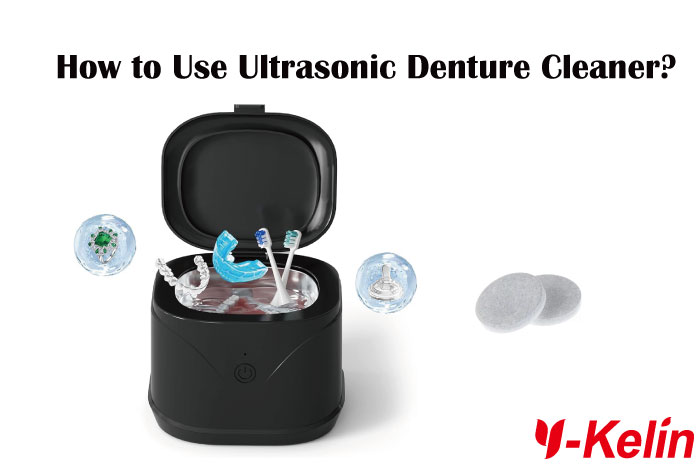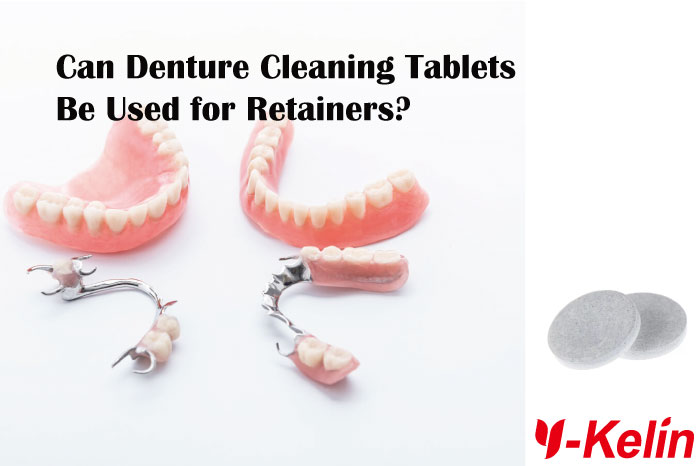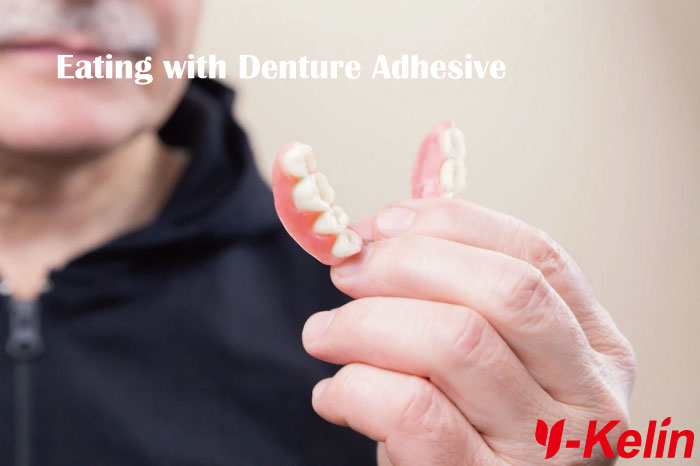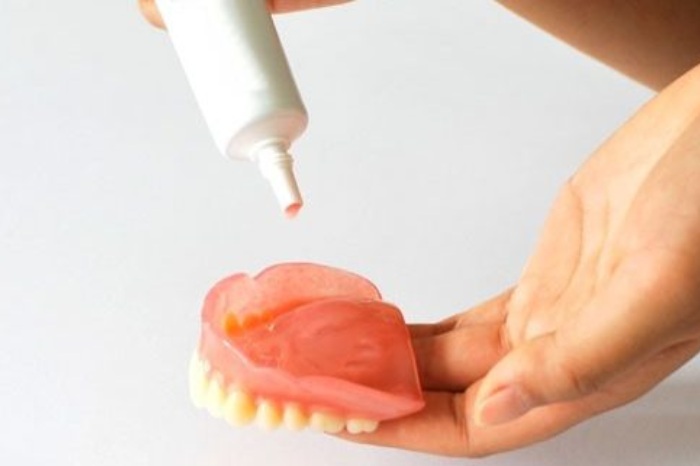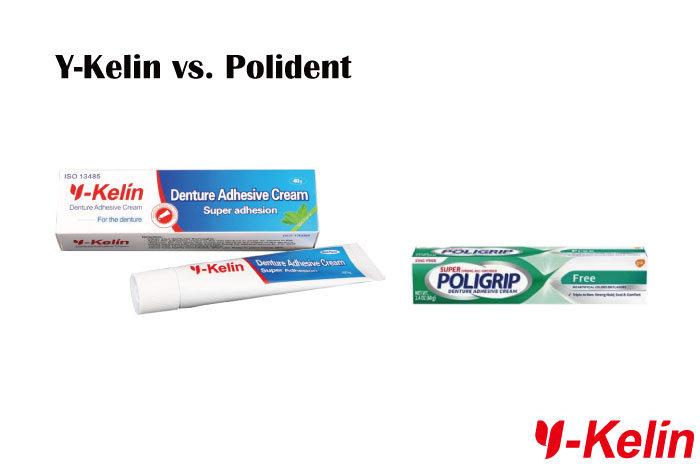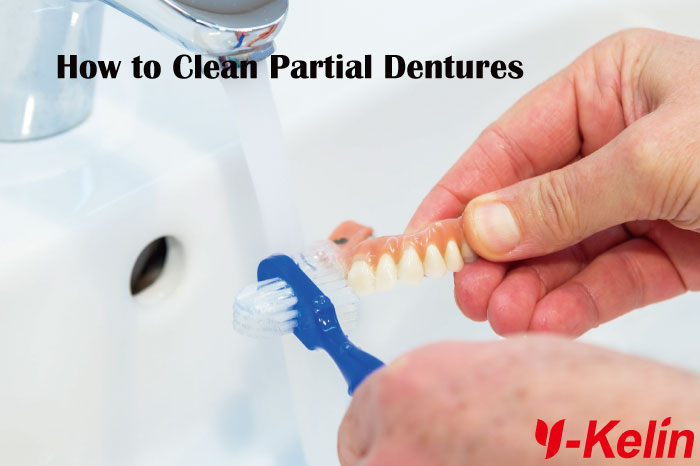
How to Clean Partial Dentures?
Published On:
What Are Partial Dentures?
Partial dentures are removable dental appliances designed to replace missing teeth while preserving the remaining natural teeth. Made from a combination of acrylic, metal, and sometimes flexible materials, partial dentures are custom-made to fit your mouth comfortably and blend seamlessly with your existing teeth.
Unlike full dentures, which replace all the teeth, partial dentures are ideal for those who still have healthy teeth but need a replacement for one or more missing ones. Whether fixed or removable, partial dentures are a vital solution for restoring function and aesthetics to your smile.
How Partial Dentures Differ from Full Dentures
While partial dentures focus on replacing only a few missing teeth, full dentures are designed to replace an entire arch of teeth. The key difference lies in the number of teeth being replaced and the way the dentures are secured.
Full dentures cover the entire upper or lower gum line, while partial dentures fit around the remaining natural teeth, often secured with clasps or precision attachments. Partial dentures are a more discreet, minimally invasive option for patients with some natural teeth still intact, offering enhanced comfort and functionality compared to full dentures.
Importance of Denture Care for Seniors
For seniors, proper denture care is crucial in maintaining both oral health and overall well-being. Over time, partial dentures may accumulate plaque, bacteria, and food particles, which can lead to gum irritation, infections, or even tooth decay.
Without regular cleaning and maintenance, dentures may also suffer from wear and tear. Senior denture wearers are particularly at risk for oral health issues, as aging can result in reduced saliva production and increased susceptibility to dry mouth.
By establishing a proper denture cleaning routine, seniors can not only protect their dentures but also ensure their mouth remains healthy and free from complications like gum disease and bad breath.
The Basics of Partial Denture Hygiene
Caring for your partial dentures daily is essential to keeping both your dentures and oral health in top condition. After each meal, it’s important to remove your partial dentures and clean them thoroughly to remove food particles and plaque buildup.
A denture brush, specifically designed to clean delicate dental appliances, is your best tool for this job. Using lukewarm water and a mild denture cleaner or a non-abrasive toothpaste can help prevent scratching and wear on the surface. Gently brushing the dentures also helps maintain their shape and function.
Don’t forget to also brush your natural teeth and gums after each meal to maintain a healthy oral environment. Keeping your mouth clean helps to prevent gum disease and bad breath, which can be exacerbated by partial dentures. By incorporating this simple routine into your daily schedule, you’ll be doing your part to protect both your dentures and overall oral health.
How Often Should You Clean Partial Dentures?
Partial dentures should be cleaned at least twice a day — once in the morning and once before bed. Regular cleaning removes food debris, plaque, and bacteria that accumulate throughout the day. In addition to your daily cleaning routine, it’s also essential to give your dentures a deeper clean every few days. You can achieve this by soaking them in a denture soak solution, which helps disinfect and remove stains or buildup.
If you’re wearing your partial dentures throughout the day, you should also consider rinsing them with water or a mild mouthwash after meals to keep them fresh. While this isn’t a substitute for regular cleaning, it helps to keep your dentures free of any immediate food particles and bacteria. Consistency is key to preventing the growth of harmful bacteria and ensuring your dentures last for years to come.
Essential Denture Hygiene Steps You Shouldn’t Miss
Brush Your Partial Dentures Twice a Day: Make sure to use a soft-bristled denture brush and a mild cleaner. This helps maintain their appearance and functionality.
Soak Your Dentures: At least once a week, soak your partial dentures in a specialized denture soak to clean hard-to-reach areas and kill bacteria.
Clean Your Natural Teeth and Gums: Even though you wear partial dentures, it’s important to keep your natural teeth and gums healthy. Brush your teeth with regular toothpaste and floss between them to prevent plaque buildup.
Rinse After Meals: After eating, rinse your dentures to remove any food particles and reduce the growth of harmful bacteria.
Store Properly: When not wearing your partial dentures, store them in a safe, clean container. Keeping them moist, either in water or a denture solution, helps prevent warping or cracking.
By following these steps consistently, you can maintain the cleanliness, comfort, and longevity of your partial dentures, while also promoting better oral hygiene and health.
Best Ways to Clean Partial Dentures
The Best Denture Cleaning Products on the Market
Choosing the right denture cleaner is essential. Look for denture cleaning tablets or liquids designed to remove stains, bacteria, and food particles without damaging your dentures. Trusted brands like Polident, Efferdent, and Y-Kelin offer gentle, effective solutions to keep your partials clean and fresh.
- How to Clean Partial Dentures at Home Effectively
Cleaning partial dentures at home is simple. After each meal, remove food particles with a soft denture brush and a mild cleaner or non-abrasive toothpaste. Soak your dentures in a denture cleaner to kill bacteria and remove stains. Always follow the manufacturer’s instructions and rinse thoroughly before wearing.
- Using a Denture Brush for the Best Results
A denture brush is key for effective cleaning. Its soft bristles clean without scratching the surface. Brush your partial dentures gently, focusing on all surfaces, including clasps. For extra protection, clean over a towel or basin to prevent accidental drops.
- Cleaning Dentures with Soap and Water: Simple but Effective
Soap and water can be a simple solution for daily cleaning. Use mild dish soap and a soft brush to remove food particles. While this helps with general cleaning, it doesn’t kill bacteria or remove deep stains, so combine it with other methods.
- Cleaning Dentures in Warm Water: Does it Make a Difference?
Warm water helps loosen food particles and plaque without damaging dentures. Rinse your partials in warm water after meals, and soak them in a denture cleaner overnight to keep them clean and prevent drying out. Avoid hot water, as it can warp your dentures.

Advanced Cleaning Techniques for Deep Cleaning
How to Disinfect Dentures and Remove Plaque
Disinfecting dentures is essential to prevent bacteria and plaque buildup. Soak your dentures in a disinfecting solution designed for dentures, following the manufacturer’s instructions.
For a deeper clean, use a denture brush to gently scrub away any remaining plaque. This combination will help keep your dentures free from harmful bacteria and maintain oral health.
Denture Cleaning Tips for Beginners: Start Simple
If you’re new to denture care, start with a simple routine: brush your dentures twice a day using a mild denture cleaner and a soft brush. Rinse your dentures after every meal to remove food particles. Soak them in a denture cleaner at least once a week for a deeper clean. Consistency is key in maintaining healthy dentures.
Using an Ultrasonic Denture Cleaner: Is It Worth It?
An ultrasonic denture cleaner uses high-frequency sound waves to remove plaque, bacteria, and stains from your dentures. It’s a convenient and effective tool for thorough cleaning, especially for hard-to-reach areas. While it’s more expensive than traditional cleaning methods, it can be a worthwhile investment for those looking for a deeper, more efficient clean.
Removing Stubborn Stains from Dentures: A Step-by-Step Guide
To remove stubborn stains, start by soaking your dentures in a denture cleaning solution or a mixture of baking soda and water.
After soaking, use a soft-bristled brush to scrub the stained areas.
For tough stains, try soaking your dentures in a mixture of equal parts vinegar and water for 15-30 minutes, then brush gently. Repeat as necessary, but avoid abrasive cleaners that could scratch your dentures.
Tips for Keeping Dentures Fresh and Odor-Free
Keeping dentures fresh and odor-free requires regular cleaning and proper storage. After each cleaning, rinse your dentures with water to remove any leftover cleaning solution.
Store your dentures in a clean, dry container when not in use, preferably with a denture soak or water to prevent drying. Using a mild mouthwash or a denture deodorizer occasionally can also help keep your dentures smelling fresh.
Common Mistakes in Cleaning Partial Dentures and How to Avoid Them
While cleaning your partial dentures regularly is essential, over-cleaning can lead to damage. Excessive scrubbing or using cleaning solutions too frequently can cause wear and tear on the material, making your dentures more prone to cracks and discoloration.
Stick to a consistent, gentle cleaning routine—brushing twice a day and soaking at least once a week is usually enough. This will help preserve the integrity and appearance of your dentures.
Avoiding Harsh Chemicals and Abrasive Cleaners
Harsh chemicals and abrasive cleaners can scratch and weaken the surface of your dentures, leading to staining and bacterial buildup. Always use denture cleaners specifically designed for the material of your partials, and avoid using household cleaners or regular toothpaste. Opt for non-abrasive, gentle solutions that clean effectively without causing harm to your dentures.
Not Rinsing Dentures Properly
Failing to rinse your dentures thoroughly after cleaning can leave behind residue from cleaning solutions or soap, which can irritate your gums or cause bad odors. After every cleaning, make sure to rinse your dentures with warm water until all cleaning products are completely washed off. This ensures your dentures remain fresh and your mouth stays free from any leftover chemicals.
How to Prevent Denture Damage During Cleaning
Denture damage often occurs when they’re cleaned too roughly or dropped. Always use a soft brush and non-abrasive cleaner, and clean your dentures over a soft towel or basin of water to prevent them from breaking if dropped.
When soaking your dentures, use the recommended products and never expose them to hot water, as extreme temperatures can cause the material to warp. By being gentle and cautious, you can extend the life of your partial dentures.
Conclusion
Consistency in cleaning partial dentures is essential for both their longevity and your oral health. Regular brushing and soaking remove food particles, plaque, and bacteria that can cause odors, staining, and infections.
A consistent cleaning routine prevents gum irritation, bad breath, and other oral health issues. By sticking to a daily care schedule, you can avoid costly repairs, keep your dentures in good condition, and maintain a fresh, healthy smile.
Get in Touch with Y-Kelin
Have questions or need more information? Contact us today, and our dedicated team will assist you promptly.


Y-Kelin is a trusted manufacturer of high-quality denture care products, including denture cleaning tablets, adhesive creams, and retainer cleaning solutions, offering customized services for global partners.
